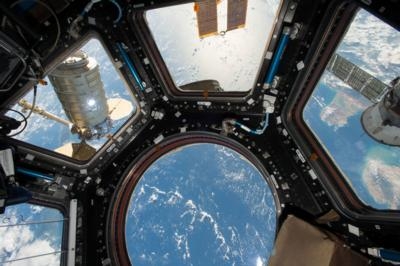Sat, Nov 19, 2016
Advertisement
More News
 ANN FAQ: Contributing To Aero-TV
ANN FAQ: Contributing To Aero-TV
How To Get A Story On Aero-TV News/Feature Programming How do I submit a story idea or lead to Aero-TV? If you would like to submit a story idea or lead, please contact Jim Campbel>[...]
 Aero-News: Quote of the Day (12.10.25)
Aero-News: Quote of the Day (12.10.25)
“As the excitement builds for the world of flight returning to Oshkosh in 2026, we wanted to ensure that advance tickets are available for those who enjoy giving AirVenture t>[...]
 ANN's Daily Aero-Term (12.10.25): North Atlantic High Level Airspace (NAT HLA)
ANN's Daily Aero-Term (12.10.25): North Atlantic High Level Airspace (NAT HLA)
North Atlantic High Level Airspace (NAT HLA) That volume of airspace (as defined in ICAO Document 7030) between FL 285 and FL 420 within the Oceanic Control Areas of Bodo Oceanic, >[...]
 Airborne 12.08.25: Samaritans Purse Hijack, FAA Med Relief, China Rocket Fail
Airborne 12.08.25: Samaritans Purse Hijack, FAA Med Relief, China Rocket Fail
Also: Cosmonaut Kicked Out, Airbus Scales Back, AF Silver Star, Russian A-60 Clobbered A Samaritan’s Purse humanitarian flight was hijacked on Tuesday, December 2, while atte>[...]
 Airborne-Flight Training 12.04.25: Ldg Fee Danger, Av Mental Health, PC-7 MKX
Airborne-Flight Training 12.04.25: Ldg Fee Danger, Av Mental Health, PC-7 MKX
Also: IAE Acquires Diamond Trainers, Army Drones, FedEx Pilots Warning, DA62 MPP To Dresden Tech Uni The danger to the flight training industry and our future pilots is clear. Dona>[...]
blog comments powered by Disqus




